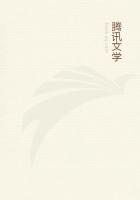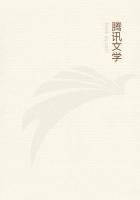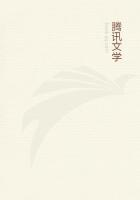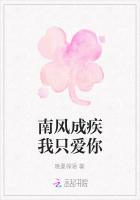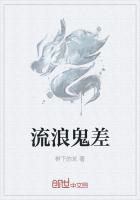In all countries, however, men seem at last to have been determined by irresistible reasons to give the preference, for this employment, to metals above every other commodity.Metals can not only be kept with as little loss as any other commodity, scarce anything being less perishable than they are, but they can likewise, without any loss, be divided into any number of parts, as by fusion those parts can easily be reunited again; a quality which no other equally durable commodities possess, and which more than any other quality renders them fit to be the instruments of commerce and circulation.The man who wanted to buy salt, for example, and had nothing but cattle to give in exchange for it, must have been obliged to buy salt to the value of a whole ox, or a whole sheep at a time.He could seldom buy less than this, because what he was to give for it could seldom be divided without loss; and if he had a mind to buy more, he must, for the same reasons, have been obliged to buy double or triple the quantity, the value, to wit, of two or three oxen, or of two or three sheep.If, on the contrary, instead of sheep or oxen, he had metals to give in exchange for it, he could easily proportion the quantity of the metal to the precise quantity of the commodity which he had immediate occasion for.
Different metals have been made use of by different nations for this purpose.Iron was the common instrument of commerce among the ancient Spartans; copper among the ancient Romans; and gold and silver among all rich and commercial nations.
Those metals seem originally to have been made use of for this purpose in rude bars, without any stamp or coinage.Thus we are told by Pliny, upon the authority of Timaeus, an ancient historian, that, till the time of Servius Tullius, the Romans had no coined money, but made use of unstamped bars of copper, to purchase whatever they had occasion for.These bars, therefore, performed at this time the function of money.
The use of metals in this rude state was attended with two very considerable inconveniencies; first, with the trouble of weighing; and, secondly, with that of assaying them.In the precious metals, where a small difference in the quantity makes a great difference in the value, even the business of weighing, with proper exactness, requires at least very accurate weights and scales.The weighing of gold in particular is an operation of some nicety.In the coarser metals, indeed, where a small error would be of little consequence, less accuracy would, no doubt, be necessary.Yet we should find it excessively troublesome, if every time a poor man had occasion either to buy or sell a farthing's worth of goods, he was obliged to weigh the farthing.
The operation of assaying is still more difficult, still more tedious, and, unless a part of the metal is fairly melted in the crucible, with proper dissolvents, any conclusion that can be drawn from it, is extremely uncertain.Before the institution of coined money, however, unless they went through this tedious and difficult operation, people must always have been liable to the grossest frauds and impositions, and instead of a pound weight of pure silver, or pure copper, might receive in exchange for their goods an *****erated composition of the coarsest and cheapest materials, which had, however, in their outward appearance, been made to resemble those metals.To prevent such abuses, to facilitate exchanges, and thereby to encourage all sorts of industry and commerce, it has been found necessary, in all countries that have made any considerable advances towards improvement, to affix a public stamp upon certain quantities of such particular metals as were in those countries commonly made use of to purchase goods.Hence the origin of coined money, and of those public offices called mints; institutions exactly of the same nature with those of the aulnagers and stamp-masters of woolen and linen cloth.All of them are equally meant to ascertain, by means of a public stamp, the quantity and uniform goodness of those different commodities when brought to market.
The first public stamps of this kind that were affixed to the current metals, seem in many cases to have been intended to ascertain, what it was both most difficult and most important to ascertain, the goodness or fineness of the metal, and to have resembled the sterling mark which is at present affixed to plate and bars of silver, or the Spanish mark which is sometimes affixed to ingots of gold, and which being struck only upon one side of the piece, and not covering the whole surface, ascertains the fineness, but not the weight of the metal.Abraham weighs to Ephron the four hundred shekels of silver which he had agreed to pay for the field of Machpelah.They are said, however, to be the current money of the merchant, and yet are received by weight and not by tale, in the same manner as ingots of gold and bars of silver are at present.The revenues of the ancient Saxon kings of England are said to have been paid, not in money but in kind, that is, in victuals and provisions of all sorts.William the Conqueror introduced the custom of paying them in money.This money, however, was, for a long time, received at the exchequer, by weight and not by tale.
The inconveniency and difficulty of weighing those metals with exactness gave occasion to the institution of coins, of which the stamp, covering entirely both sides of the piece and sometimes the edges too, was supposed to ascertain not only the fineness, but the weight of the metal.Such coins, therefore, were received by tale as at present, without the trouble of weighing.

